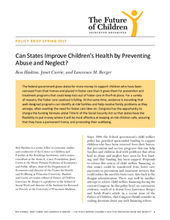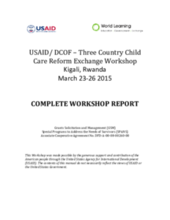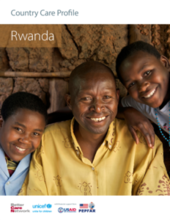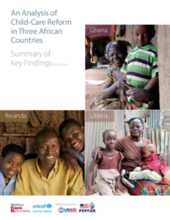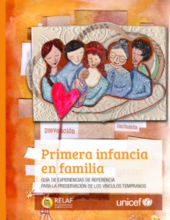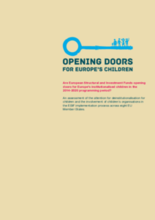Displaying 641 - 650 of 1025
This brief from the Future of Children Journal, a collaboration of the Woodrow Wilson School of Public and International Affairs at Princeton University and the Brookings Institution, outlines the current state of the Child Welfare System in the United States, particularly federal funding to individual states’ child welfare systems.
The United States Agency for International Development (USAID) through its Displaced Children and Orphans Fund (DCOF) supported a sub-regional workshop held in Kigali March 23-26, 2015 to provide structured opportunities for technical exchange on care reform, approaches, methods, and tools. This report summarizes the activities and discussions from the workshop.
This review of literature covers international material related to stability and permanence for disabled children, in particular permanence achieved through fostering and adoption.
In this brief article, the authors make their case for extending the age limit for young people to receive care in the foster care system, focusing on the UK and the US.
This paper offers strategic guidelines to improve alternative care for children younger than six years of age, who are under protective measures.
This country care profile provides an overview of key lessons learned in the children’s care reform process in Rwanda, including successes, challenges and areas for progress, and gaps in learning and best practice.
The February-March 2015 double edition of the ISS Monthly Review includes an article by Florence Martin, director of the Better Care Network, which provides a brief overview of the Tracking Progress project and potential implications for users of the tool.
This report summarizes the care-reform process of three sub-Saharan African countries – Ghana, Liberia and Rwanda.
Esta Guía reúne una serie de programas, prácticas y políticas públicas que resultaron en la garantía del derecho a la convivencia familiar y comunitaria de niñas y niños en su primera infancia. En particular, se caracterizan por ser innovadoras o por haber obtenido buenos resultados en la protección y la restitución de este derecho. Las experiencias recopiladas abarcan programas, proyectos e iniciativas públicas, privadas o mixtas de fortalecimiento familiar, provisión de cuidados alternativos, y de reintegración familiar.
This report is based on the outcomes of a survey addressed to eight National Coordinators of the Opening Doors campaign. It aims to assess the extent to which EU Member States have used ESIF to catalyse child care systems reform.

